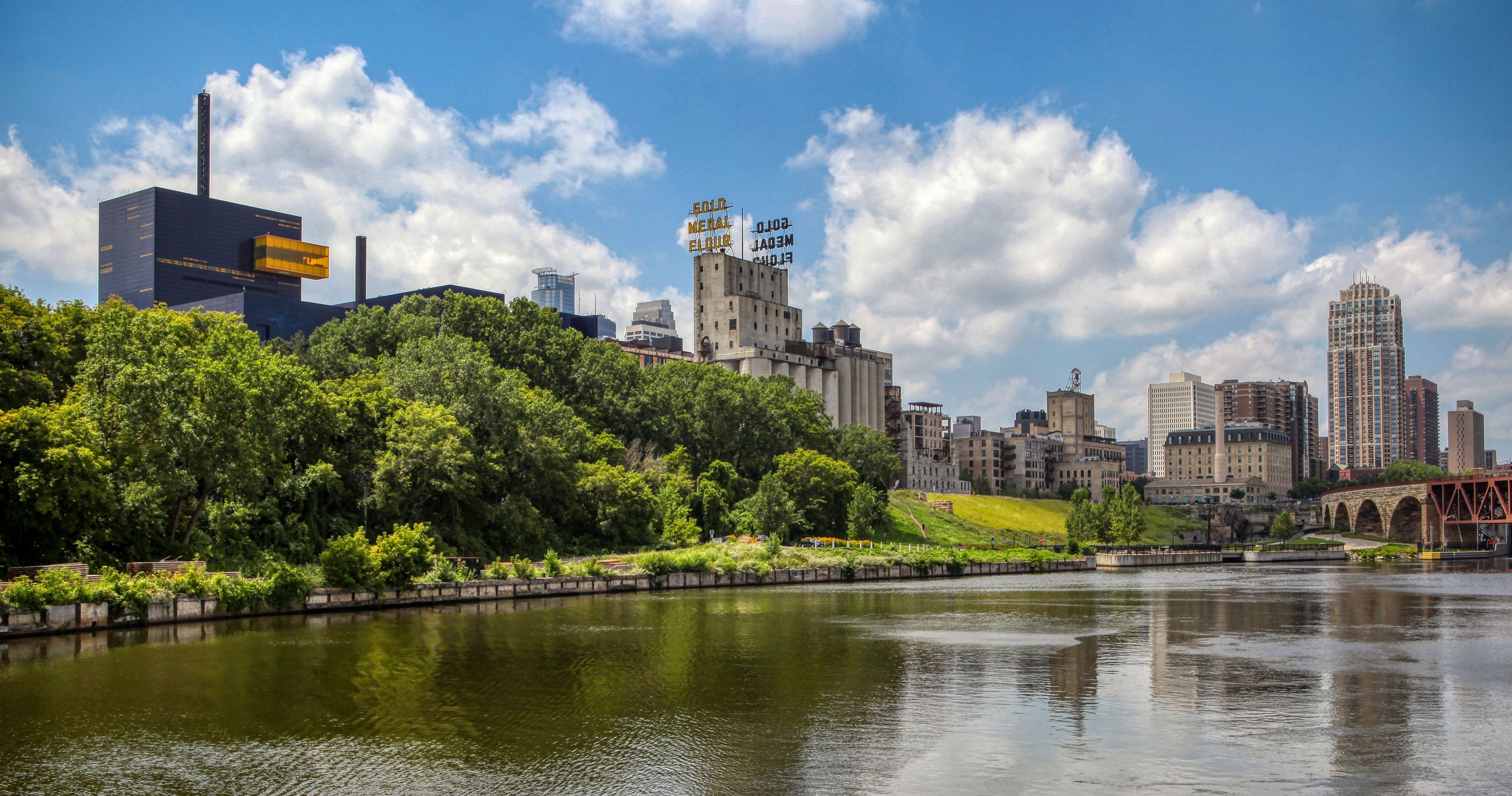In the United States, there is no shortage of cities where visitors can learn about Black history and the Civil Rights Movement. However, Mississippi was home to several incidents that proved crucial to the abolition of Jim Crow law. These sites are memorialized on the Freedom Trail.
The Civil Rights Movement in the '50s and '60s
The American South during the ‘50s and ‘60s was the epicenter of the civil rights movement. In Mississippi, the Civil Rights Movement started slowly, but after 1955 it became more evenly distributed across the state. In the late ‘40s and early ‘50s, two organizations emerged.
Key Players in the Pre-Civil Rights Movements
Both the National Association for the Advancement of Colored People and The Regional Council of Negro Leadership championed Black voter education. They also sought to end police brutality against African-Americans, but weren’t prepared to take on Jim Crow laws at the time.
Key Players in the Post-Civil Rights Movements
By 1955, both organizations invested resources in civil rights activity and were able to challenge Jim Crow laws, but by the 1960s, the organizations participating in this movement doubled to include the Student Nonviolent Coordination Committee and the Congress of Racial Equality.
The organizations in the 1960s are known for The Freedom Rides and The Meredith March Against Fear. The Civil Rights Movement in the South, led by students and prominent activists, is considered a key reason why Black rights activism expanded across the country.
How to Honor Black History Month in Mississippi
The Freedom Trail includes 25 sites, like the Civil Rights Museum, that offer visitors a deeper understanding of the events and people that challenged the status quo. Here are 7 standouts.
1. COFO Central Offices in Jackson
The Council of Federated Organizations coordinated the efforts of several Black rights activist groups from ‘63-to ’65. Led by Aaron Henry, Bob Moses, and others, this office built a grassroots base and stayed open during the Freedom Vote and Freedom Summer campaigns.
2. Hattiesburg 1964 Freedom Summer Trail in Hattiesburg
This location on the trail spotlights an audio tour that discusses the largest Freedom Summer voter registration drive in the state. The Hattiesburg trial helped to increase national awareness because it was so widely reported by the American news media, with reports coming out daily.
3. Bryant’s Grocery in Money
At Bryant’s Grocery, 14-year old Emmet Till allegedly flirted with Carolyn Bryant, a white shopkeeper. This led to the torture and murder of Hill by Bryant's husband and his half-brother, who were acquitted. His confession to the press likely sparked the Civil Rights Movement.
4. Medgar Evers Home Museum in Jackson
Medgar Evers, a prominent and outspoken activist who helped and led students during protests, has had his home memorialized in Jackson. Born in 1925, Evers became active in the Civil Rights Movement in the 1950s. He was murdered by Byron Beckwith Jr., a white supremacist.
5. The Ida B. Wells-Barnett Museum in Holly Springs
Located in the Spires Bolling House, where civil rights and women’s rights activist Ida B. Wells-Barnett was born, the Wells-Barnett museum includes a collection of her belongings, memorabilia, and belongings. You’ll also see historical African-American artifacts of value.
6. Tougaloo College in Jackson
Tougaloo College students, faculty, and staff attempted to integrate Jackson’s main public library, churches, and restaurants into the Civil Rights Movement. They suffered beatings and jailing for speaking their mind, and thus, Tougaloo College became a safe haven for them.
7. The Greyhound Bus Station in Jackson
The Jackson Bus Station was one of the sites the Freedom Riders visited. Here, Civil Rights protestors sought facilities denied to non-whites in protest. 329 people were arrested and overwhelmed jails by refusing bail, eventually leading to the desegregation of transportation.

